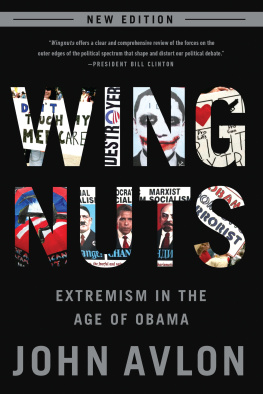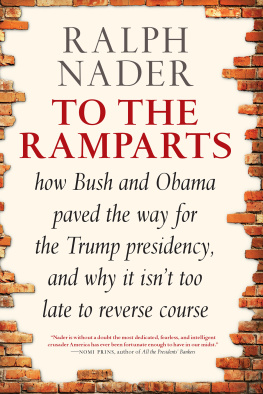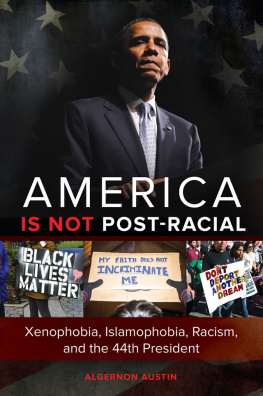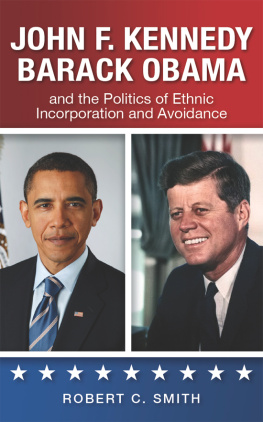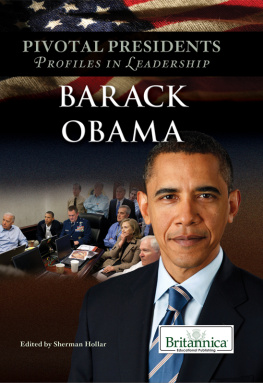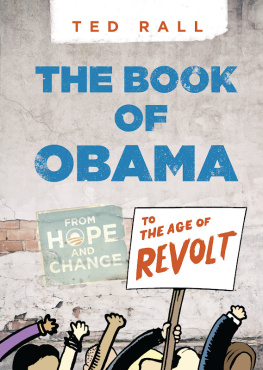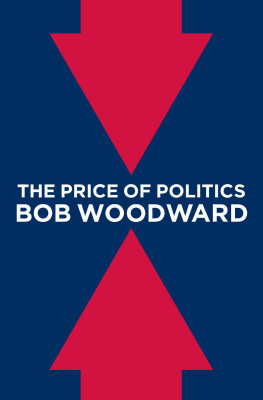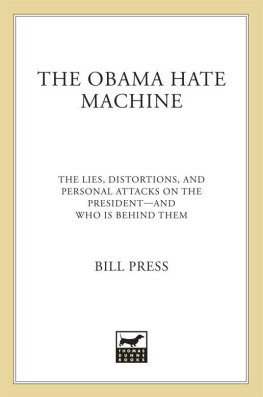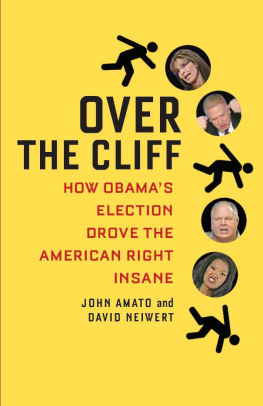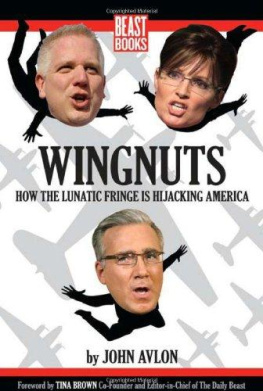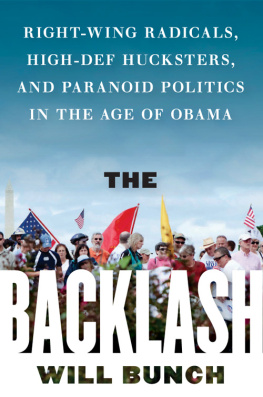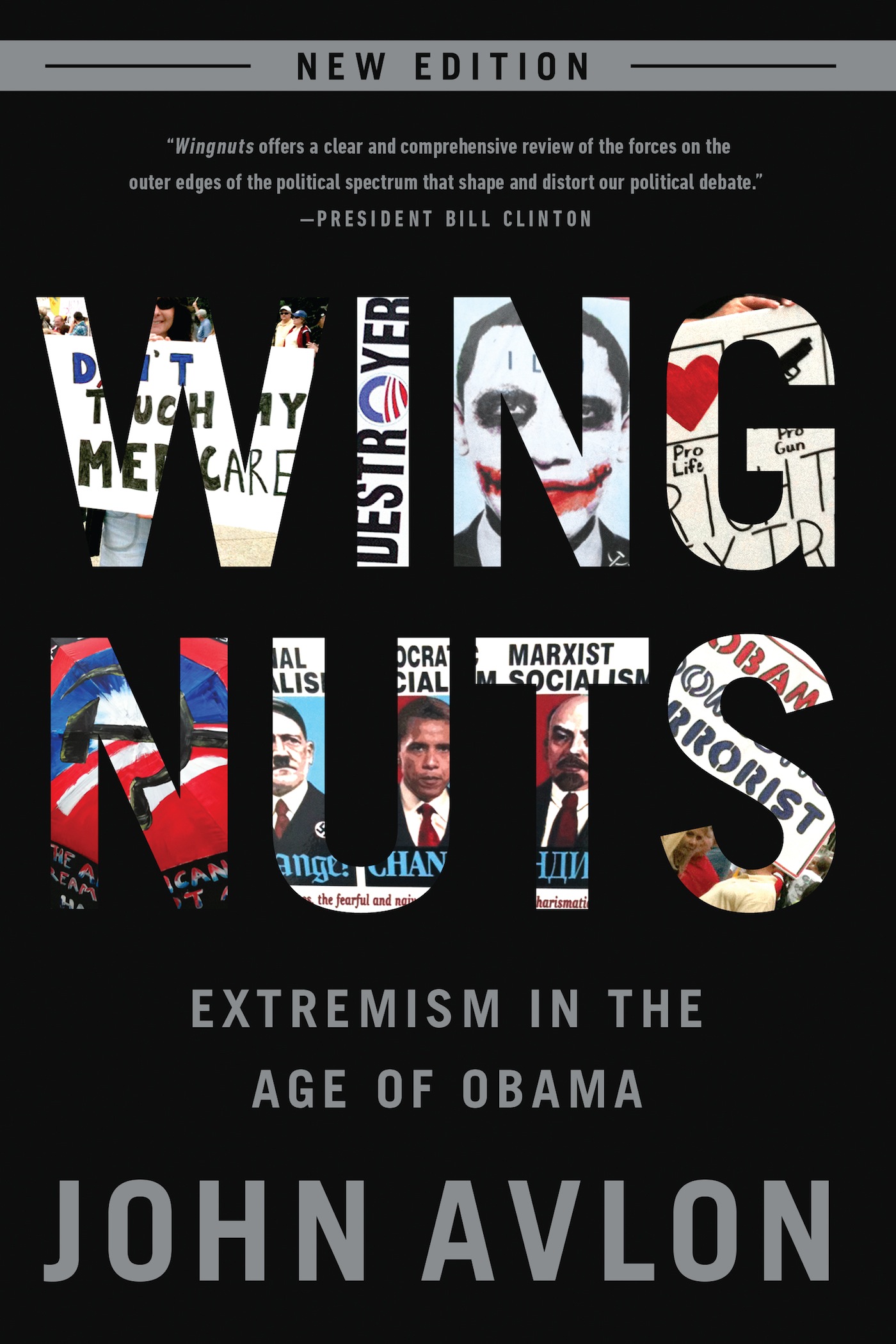Wingnuts
Wingnuts
Extremism in the Age of Obama
John Avlon

New York
Copyright 2010, 2014 by John Avlon
Published by Beast Books. Beast Books is a co-publishing venture with the Perseus Books Group.
All rights reserved. Printed in the United States of America. No part of this book may be reproduced in any manner whatsoever without written permission except in the case of brief quotations embodied in critical articles and reviews. For information, address the Perseus Books Group, 250 West 57th Street, 15th Floor, New York, NY 10107.
Books published by Beast Books are available at special discounts for bulk purchases in the United States by corporations, institutions, and other organizations. For more information, please contact the Special Markets Department at the Perseus Books Group, 2300 Chestnut Street, Suite 200, Philadelphia, PA 19103, or call (800) 810-4145, ext. 5000, or e-mail .
Some material in the book was previously published in The Telegraph (UK) and The Daily Beast .
Design by Jack Lenzo
Text set in 12-point Apollo
Library of Congress Cataloging-in-Publication Data
Avlon, John P.
Wingnuts : extremism in the age of Obama / John Avlon.
pages cm
Includes bibliographical references and index.
ISBN 978-0-9912476-1-5 (e-book) 1. United StatesPolitics and government2009. 2. Political cultureUnited States. 3. Right and left (Political science) 4. RadicalsUnited States. 5. Political partiesUnited States. 6. Polarization (Social sciences)United States. 7. Mass mediaPolitical aspectsUnited States. 8. HatePolitical aspectsUnited States. 9. FearPolitical aspectsUnited States. I. Title. II. Title: Wingnuts.
E907.A923 2014
320.97309051dc23
2014015546
10 9 8 7 6 5 4 3 2 1
For my bride, Margaret
I didnt vote for him, but hes my president, and I hope he does a good job.
John Wayne,
after the 1960 election of John F. Kennedy
I hope he fails.
Rush Limbaugh,
after the 2008 election of Barack Obama
Contents
Preface
Wingnuts chronicles the outburst of extremism at the outset of the Obama administration. This new edition, published in the run-up to the 2014 midterm election, seems needed because so many of the characters and conflicts introduced in the book have migrated from the freakish sideshow of American politics to center stage while others have, mercifully, flamed out. Their stories need an update to give a sense of the arc of our politicsafter all, politics is history in the present tense.
Beneath the gonzo fun of covering the extremes is a serious concern for the future of our country. Hyperpartisans are playing with forces that can easily get out of control and threaten to destabilize our democracy. And though The Daily Beast founding editor, Tina Brown, originally intended this inaugural publication from Beast Books in 2010 to present reporting in e-book form while it was still white-hot and relevant, my secret aim was to present the hate-fueled protests in historic perspective.
Wingnuts remains in many ways my modest attempt to update Richard Hofstadters classic The Paranoid Style in American Politics for our era. We see so many variations of the old themesthe heated exaggeration, suspiciousness, and conspiratorial fantasynow sold to enthusiastic new dupes via partisan media and online echo chambers. Their reach and influence stretch farther than ever before.
The word wingnut has entered the lexicon largely because we keep being confronted with unhinged examples of how the fringe is blurring with the base. These are the wages of polarization: a 2010 Pew poll found that one-third of Republicans believed that Barack Obama is Muslim double the number of those expressing the same belief during the 2008 electionand 45 percent of Republicans believed that President Obama was not born in the United States and therefore is not constitutionally eligible to be president.
But the larger stakes are civic, not just political, and they cut to the heart of our country. The late New York senator Daniel Patrick Moynihan famously said, Everyone is entitled to their own opinion, but not their own facts. The problem is that today hyperpartisans enter debates armed with their own facts provided by partisan media performers. Not so long ago, party leaders fired off talking points to talk-radio show hosts. Now, talk radio provides the talking points to politicians who are terrified of being attacked by the base for seeming too responsible and willing to compromise with folks on the other side of the aisle.
We are self-segregating ourselves into separate political realities, and the rise of the Wingnuts is one powerful expression of that fact. It was sad but not surprising that when I interviewed one of Michele Bachmanns staffers, he explained that the congresswomanwho serves on the House Intelligence Committeegot most of her information from the conservative conspiracy theory website WorldNetDaily ( WND ).
An online poll by Harris Interactive inspired by Wingnuts and conducted at the height of the health-care debate drew a lot of attention and some criticism at the time. Among the findings from Republicans polled: 67 percent thought President Obama was a socialist; 61 percent said he wanted to take away their right to own guns; 51 percent said he wants to turn over the sovereignty of the United States to a one world government; 45 percent agreed with the Birthers that he was not born in the United States and so is not eligible to be president; 42 percent said he was racist; 38 percent said that Obama is doing many of the things Hitler did; and 24 percent said that he may be the Anti-Christ. And so on.
Add to those stats the fact that the number of militant militia groups grew from forty-two in 2008 to 321 in 2012, according to the Southern Poverty Law Center (SPLC)not coincidentally, at a time when the face of the federal government is blackwhile the number of associated patriot groups exploded more than 800 percent over President Obamas first term, from 149 to 1,360.
But Wingnuts also had its critics on the left, the chief complaint being moral equivalence because I was not content to simply criticize the right. That would have been easy but a bit of partisan hackery, and it undercut my goal of trying to define the considerable common ground that exists in America by playing offense against the extremes on both sides. Common sense and history tell us that neither political party has a monopoly on virtue or vice. This isnt moral equivalence as much as an attempt at moral clarity. And though the far right and far left can be equally insane, there is no question that the far right has been far crazier in the opening years of the Obama administration. In their excellent book Its Even Worse Than It Looks, political scientists Thomas Mann and Norman Ornstein call this dynamic asymmetric polarizationa state of affairs backed up by congressional voting patterns. So why didnt I train my fire entirely in that direction? Because it would have ignored the larger cycle of incitement that has taken our political debates so off-center in recent decades. One other liberal gripe I might as well addresstheir complaint that the far left should properly be called Moonbats rather than Wingnuts. But this distinction has a wispy, self-congratulatory tone and I still believe that a common term should be used. One other common misconception: Wingnuts are not conservativesthey are radicals. Overall, I back Cass Sunsteins recent dictionary-ready definition: A Wingnut is someone who has a dogmatic commitment to an extreme view (wing) that is false and at least a little bit crazy.

